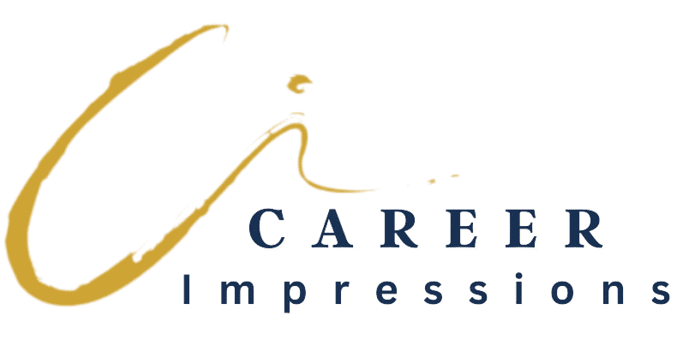
Are You Interview Savvy?
It happened…you got called to interview for a job you have your heart set on. Awesome!
Yet you haven’t been to an interview for quite some time. Perhaps you are feeling a little rusty or uncertain about your interview savvy. Do you:
A: brush nervousness aside and assume that what worked in the past will work again? You are confident that if you just go-with-the-flow and not sweat things too much you’ll come across as honest and genuine.
B: practice canned responses to typical behavioural or situational interview questions? I mean, how many different ways can you answer a question that starts with: “tell me about a time when….”…..right?!
C: spend hours anxiously analyzing everything you can find out about interviews? You are determined to cram in every detail and arm yourself with every possible strategy, even if it fries your nerves and confuses your strategy.
The answer is none of the above.
Not preparing and over-preparing can both backfire. Don’t be the person who overestimates interview savvy and spends no time preparing – or only focuses on the basics – or be the person who gets so wrapped up in ‘internet noise’ that you are led astray.
Times have changed; employer’s expectations are higher and job competitors could be much more advanced in their interview skills. Never put the interview at risk by taking it too lightly or by going completely haywire trying to cram it all in last second.
To best prepare for an interview, you should:
• Get organized, well in advance! This includes setting aside the appropriate time to research the company, re-read the job description in detail, select the right outfit, and analyze your skill sets inside and out. It does not mean speed-cramming to burn yourself out, or being too laid back. Create a strategic step-by-step action plan and stick to it to avoid getting overwhelmed or off track. Ensure you understand modern interview tactics.
• Decipher buying motivators. Employers don’t want canned responses; they want you to relay your skills in a way that interests them and shows value. To demonstrate that you are the right fit for the role, align every answer you give at the interview with the employer’s buying motivators (core needs). Identify buying motivators to keep answers focused. Prove to employers that you are the problem-solver they seek by having strategic answers (solutions) ready to share.
• Practice…practice…practice. Be ready to answer questions with a variety of well-thought-out answers that align your offering with the employer’s needs (buying motivators). To avoid sounding mechanical or overly rehearsed – the right amount of practice is required to help information flow naturally. If you leave responses to chance you escalate the probability that information will be off track or void of value, so practice speaking in front of a mirror until details are delivered with ease.
• Dress to impress. It is not ok to show up looking dishevelled or poorly put together – especially at the senior-level. Remember that first impressions count for a lot and your appearance will be judged. Put effort into your look and outfit, considering the company’s culture and dress code. Call ahead to inquire about recommended interview attire if you are really unsure (yes, better to ask than wear the wrong thing).
• Compile good questions to ask during or after the interview. Yes, for YOU to ask. You haven’t forgotten that an interview is a two-way assessment, right? Ensure you put thoughtful consideration into what types of details you need to know about the role to make an informed decision (should an offer be presented), and to show interest and enthusiasm for the job.
• Finally, minimize stress. Allow yourself lots of rest the night prior, set aside time to get ready prior to the interview, know how to get to the location in advance, leave lots of time to travel, and ensure you arrive 10-15 minutes early. Proactive preparation will help the entire event run smoothly and ease anxiety.
These simple steps interview steps will help boost your confidence and better prepare you for one of the toughest job search processes. Never overestimate your skill (especially if you haven’t interviewed for a while or you are not getting offers) and never underestimate the importance of the employment interview!
